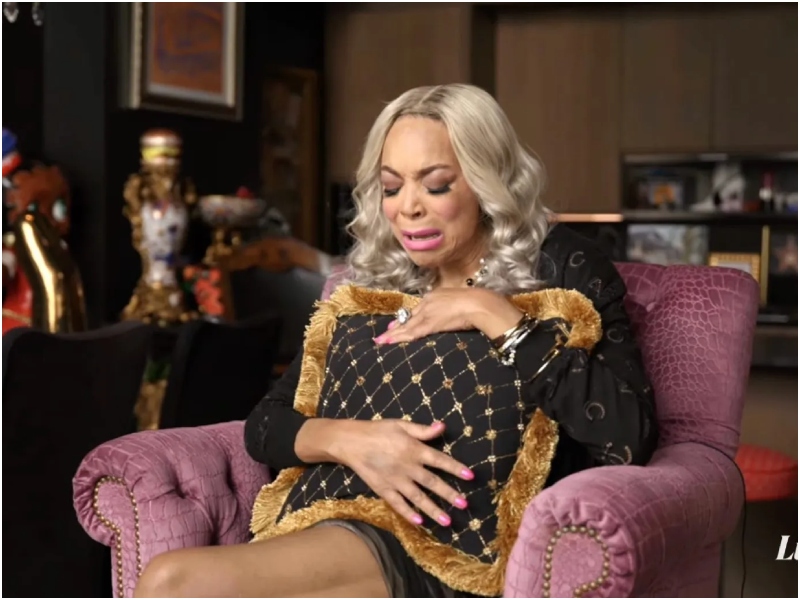The legal battle between Wendy Williams and A+E Networks over the documentary Where Is Wendy Williams? has taken a new turn with the unsealing of court filings revealing explosive claims of exploitation and contractual irregularities.
The former talk show host alleges that the network shot the documentary without obtaining proper consent, raising serious ethical and legal concerns.
According to the unsealed complaint filed by Williams, the contract between her and A+E Networks lacked validity as she allegedly lacked the legal or mental capacity to authorize her participation due to her health condition.
The project, which delved into Williams’ struggles with family, fame, and excessive alcohol consumption, was portrayed to her as “positive and beneficial,” yet the reality turned out to be starkly different.
“This blatant exploitation of a vulnerable woman with a serious medical condition is disgusting and cannot be allowed,” the complaint states, shedding light on the distressing situation surrounding the documentary’s production.
In response, A+E Networks issued a statement expressing anticipation for the unsealing of their papers, asserting that they tell a different story. However, the controversy surrounding the documentary has raised significant questions about the ethics of its production and release.
Legal experts weigh in on the unfolding situation, highlighting the potential implications of the unsealed documents.
“Williams’ lawsuit brings to the forefront critical issues surrounding consent and exploitation in the entertainment industry,” says legal analyst Jessica Carter. “The unsealed filings underscore the need for robust safeguards to protect individuals, especially those facing health challenges, from exploitation in media projects.”
The legal battle extends beyond allegations of exploitation, touching on contractual discrepancies and guardianship issues. Williams’ temporary guardian, Sabrina Morrissey, filed a lawsuit seeking to block the documentary’s release, alleging that Williams lacked the capacity to enter into the agreement due to her guardianship status.
“The unsealing of these documents sheds light on the complex legal intricacies involved in cases where vulnerable individuals are involved,” says legal expert Michael Thompson. “It underscores the importance of ensuring that proper consent protocols are followed, particularly when individuals may be susceptible to exploitation.”
The controversy surrounding Where Is Wendy Williams? raises broader questions about the ethics of documentary filmmaking and the responsibilities of production companies towards their subjects.
As the legal battle unfolds, it remains to be seen how the courts will adjudicate the matter and what implications it may have for future media projects involving vulnerable individuals.

